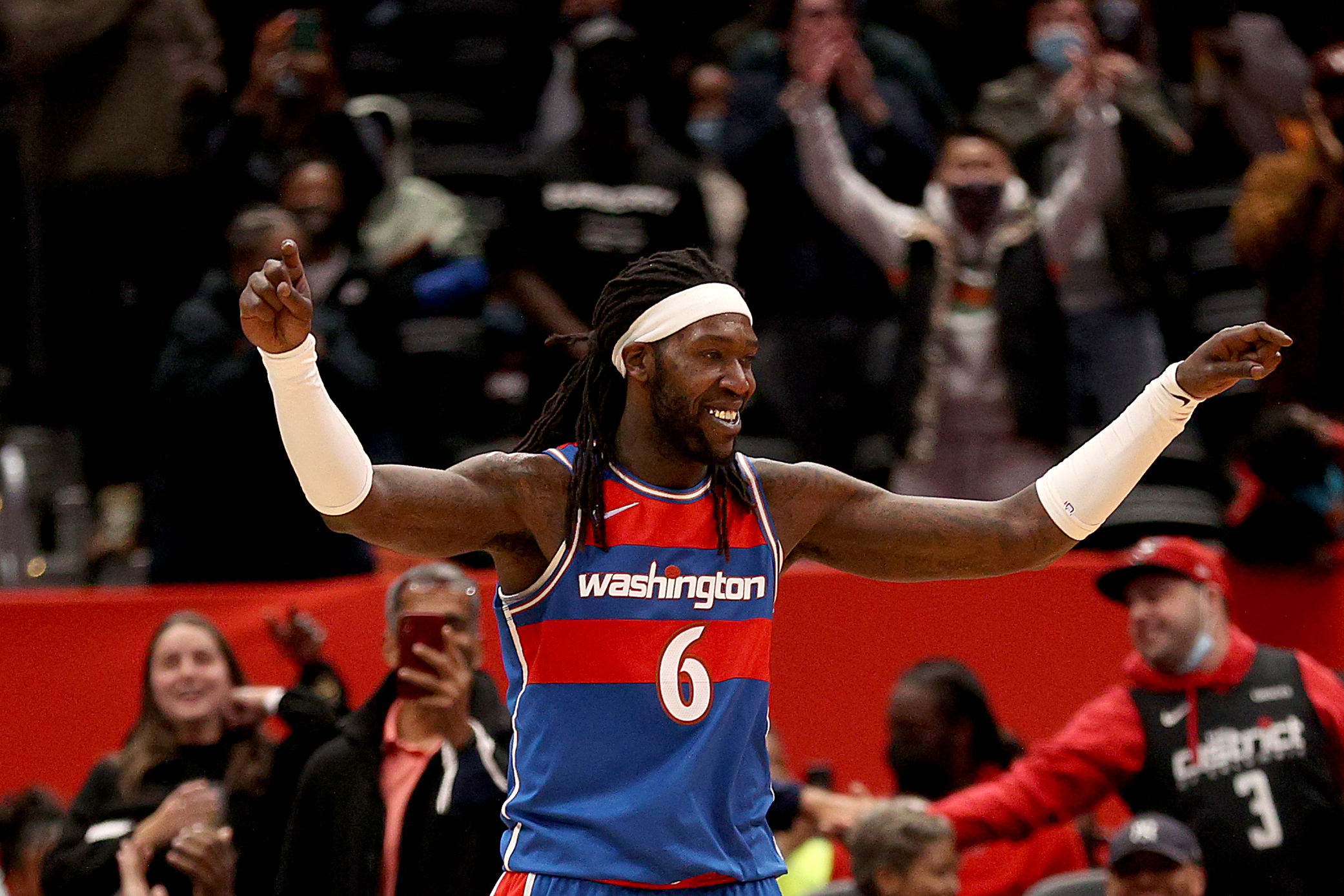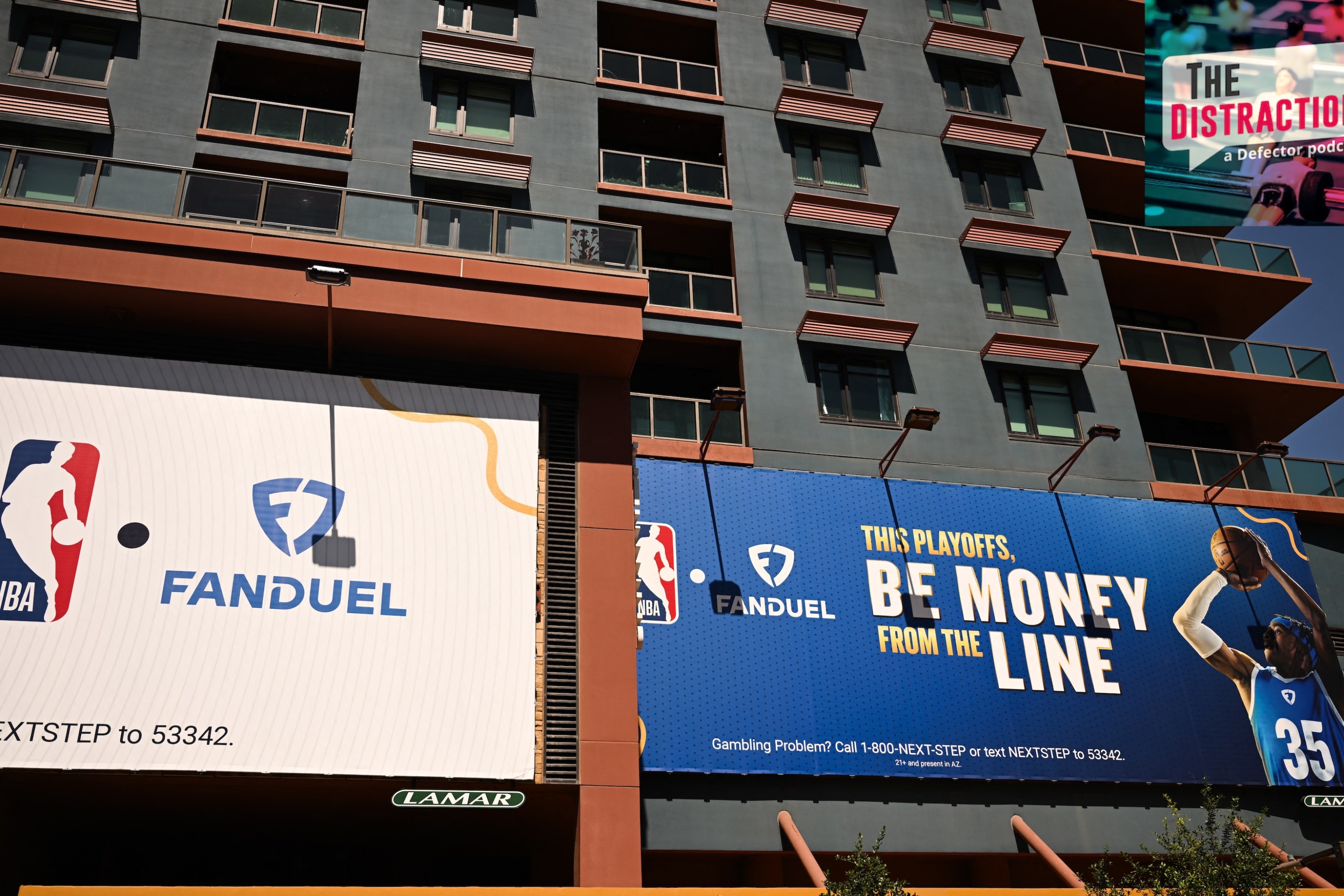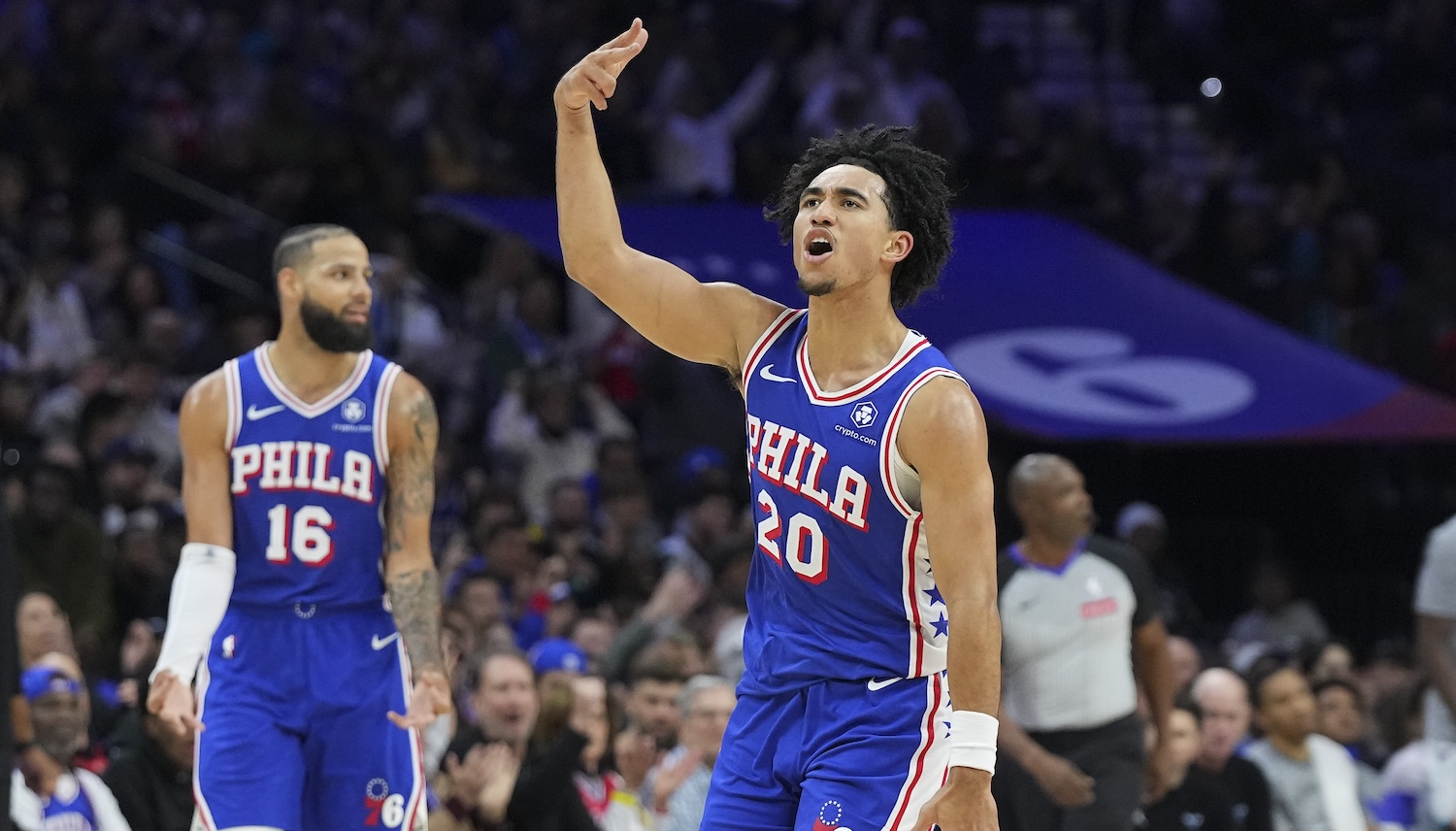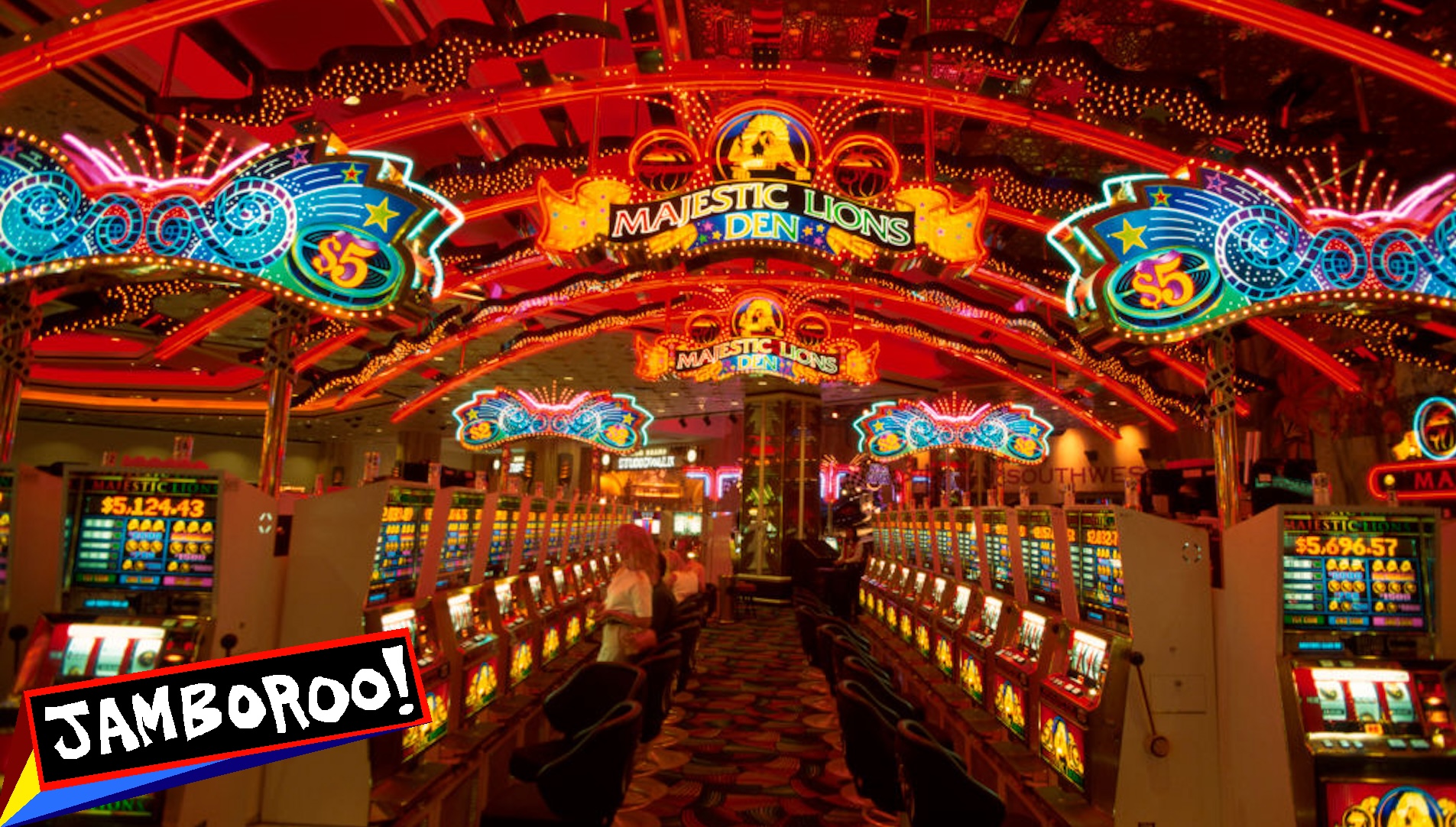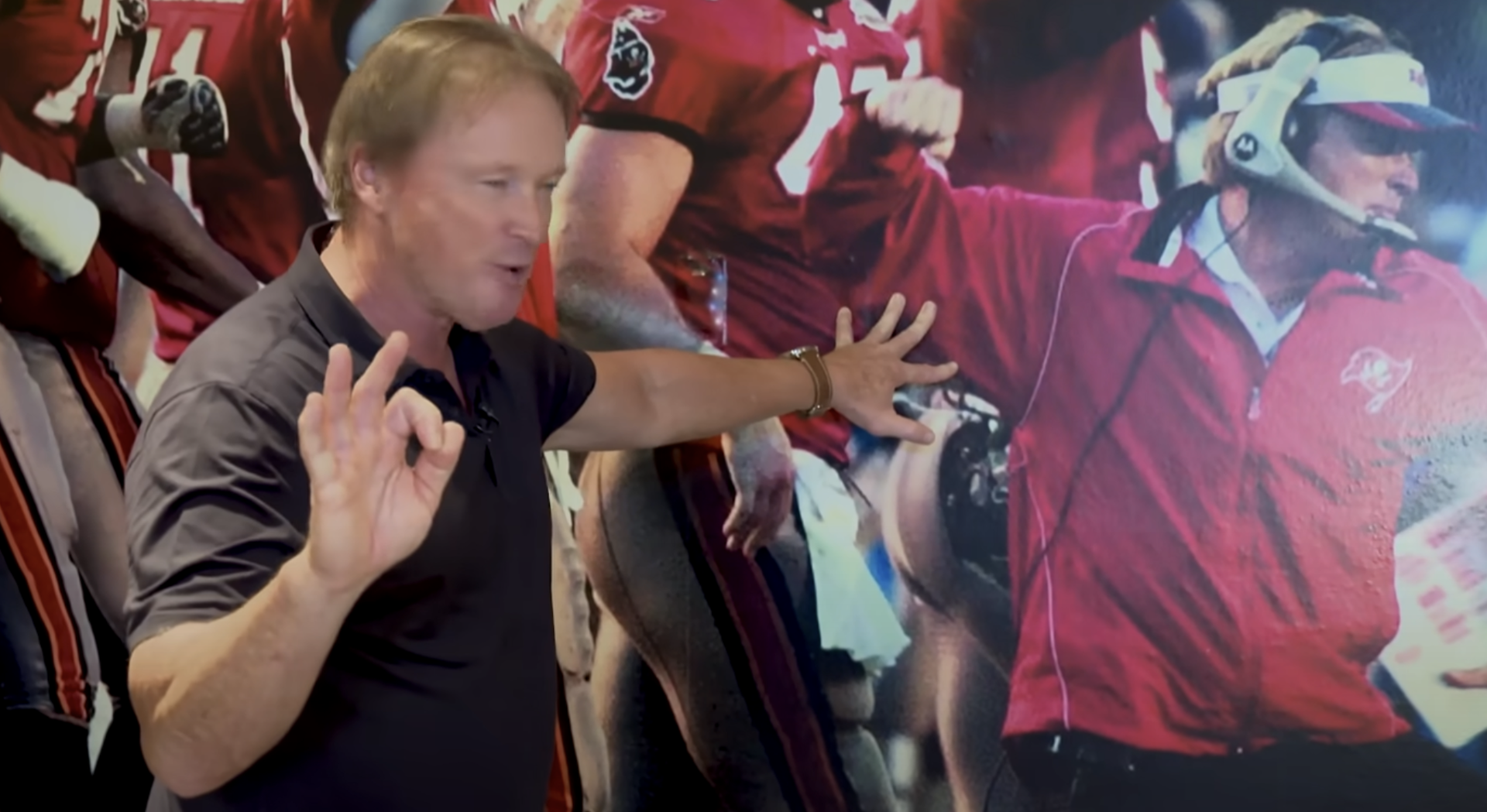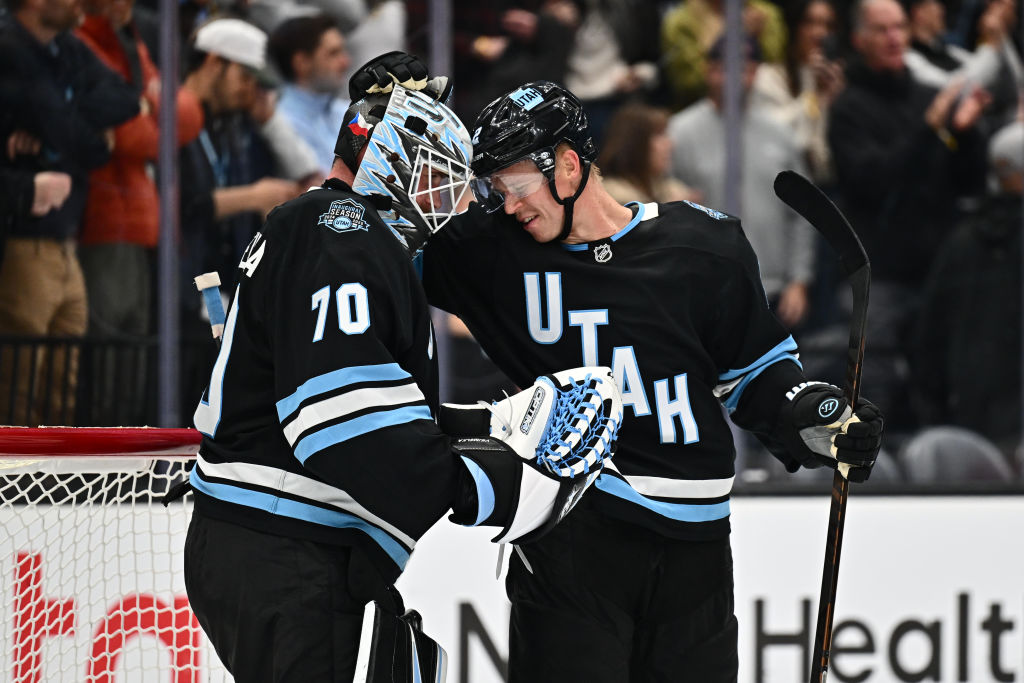It was a major topic of discussion across the basketblogosphere when news broke that Montrezl Harrell had been sent to the Wizards in a blockbuster offseason trade: When the Wizards are in first place in the Eastern Conference and have a top-five defense and a better net rating than the Brooklyn Nets, and Harrell is averaging 18 points on 70 percent true shooting as the team's clear emotional leader, and the Wizards are picking up another hard-fought win despite the absence of Bradley Beal, Rui Hachimura, Thomas Bryant, and Davis Bertans, when should the crowd start chanting "M-V-P"? All summer and autumn it's been the case that you can hardly even mention the word "basketball" anywhere in North America without someone stopping you to ask: When does Harrell like to hear those "M-V-P" chants which have for sure been a feature of his NBA career to date, and which will of course be a regular feature of Wizards home games this season?
Montrezl Harrell with a hilarious response when asked about getting MVP chants at the free throw line. Just wait until the second free throw, he says. pic.twitter.com/GGp9XpvOGc
— Chase Hughes (@ChaseHughesNBCS) November 16, 2021
Harrell, who heard loud "M-V-P" chants Monday night as the shorthanded Wizards overcame a 19-point first-half deficit to beat the miserable New Orleans Pelicans in Washington, was good enough to clarify his preferences after the game. Here you have it: When Montrezl Harrell of the first-place Washington Wizards steps to the free-throw line late in another victory—say, the team's 10th in 13 games, good for the second-best start in the franchise's 61-year history—please do not begin your perfectly sane and rational "M-V-P" chant until after his first attempt.
Harrell is mounting another strong season, now situated as Washington's sixth man, backing up Daniel Gafford. Gafford is himself super-obviously a natural candidate to start at center for a first-place NBA team, having averaged fewer than 15 minutes per game as a part-time player for the deeply shitty Chicago Bulls before arriving in Washington in a shuffling of flotsam late in the 2020–21 season. Harrell's numbers are impressive: Beyond the traditional stats, the Wizards are a whopping 14.1 points per 100 possessions better on offense with Harrell on the court than off, while losing almost no ground defensively. This makes Harrell very important: Despite their record and net rating and the respectable pedigree of their rotation guys, the Wizards are currently 16th in the league in offensive efficiency. A player like Harrell, who with adequate spacing can anchor a competent half-court offense for minutes at a time through sheer willpower, really can be the team's most valuable player for long stretches, even weeks.
Avdija on Montrezl Harrell: "I've been playing since I was 16, rarely have I seen a guy who comes every night to kill. He's got a knife between his teeth."
— Ava Wallace (@avarwallace) November 16, 2021
Knife-between-the-teeth notwithstanding, Harrell's productivity leaves him a long way from legitimate MVP contention, even if it continues for a full 82 games. Kevin Durant is averaging 29 points on genuinely freakish efficiency for a Nets team that without Kyrie Irving is operating with a massive, gaping hole in its rotation. But on a Wizards team lacking any individual performer even remotely approaching Durant's production or role, and in a stirring victory played without Beal, Harrell deserved something. You will forgive Wizards fans for being so unaccustomed to winning that the best they could come up with is to reference an accolade reserved for the best players in the world.
But some of what has made Washington's hot start so encouraging—the part that can't be grasped by just gawking at the conference standings, something I have been doing for going on 96 hours straight—is that it can't be explained by pointing at one guy's outsized production. It's not John Wall putting up spectacular numbers and dragging various Martell Websters and Marcin Gortats and Ian Mahinmis along in his wake. The Russell Westbrook model, in a best-case scenario, would've been more of the same, with Westbrook and Beal using up a shockingly large percentage of the team's offense, and the team rising and falling in the standings exactly in synch with fluctuating trends in the duo's streaky shooting. There's an extremely hard and depressingly low cap on how high your team can rise when its best version of itself necessarily involves a well-meaning guard outperforming his career shooting splits by 20 damn percent.
When the Wizards swapped Westbrook for Harrell, Kyle Kuzma, and Kentavious Caldwell-Pope, and then used the structure of that trade to facilitate additional swaps for Spencer Dinwiddie and Aaron Holiday, they gave their roster something it hasn't had in quite literally decades: two full lineups of genuinely rotation-grade NBA players. That depth has been important right from the jump this season. Thomas Bryant hasn't touched the court since the 10th game of last regular season, but Gafford and Harrell have more than held down the fort; Rui Hachimura hasn't played yet this season due to unexplained personal reasons, but that absence has smoothed Kuzma's path to the starting lineup, where he's thriving; Bertāns has missed six straight games to an ankle injury, but that's opened up space for Avdija to lock down a rotation job as the team's best and most dynamic individual defender. Beal has already missed three games, and the Wizards, despite some difficulties, are 3–0 without him.
There is probably also a low and hard cap on a team that manufactures wins from an undersized backup center going sicko mode on Mo Bamba and Jonas Valanciunas, and from Kuzma's recent habit of rediscovering his jumper at the absolute last possible moment, and from Deni Avdija channeling the spirit of Andrei Kirilenko and playing six minutes of shutdown defense on quite literally Giannis Antetokounmpo. The more optimistic and easily influenced of FiveThirtyEight's two forecasting models has these plucky first-place Wizards—to be clear, I'm talking about the Washington Wizards, who currently lead the Eastern Conference standings—winning a piddling 48 games this season; the more conservative one has them at 45 wins, with just a 64 percent chance of even making the playoffs. When your best player is quite possibly Montrezl Harrell, who backs up Daniel Gafford, who has his starting job today because Thomas Bryant is recovering from a leg injury, the odds that you are ready to race off with the Eastern Conference's top seed are not great at all.
But if this is all fleeting, just good fortune and good vibes yielding early success until the moment the league solves this remade roster, it's still fun as hell!
Climbing back!#DCAboveAll pic.twitter.com/HskGuaWMlQ
— Washington Wizards (@WashWizards) November 16, 2021
No stars in that highlight! Avdija forces Brandon Ingram into a tough fading shot; Raul Neto grabs the defensive rebound and pitches it to Dinwiddie; Dinwiddie, like an anti-Westbrook snatched directly out of my dreams, scans the floor and flings the ball ahead in transition, trusting a teammate to make a play; Caldwell-Pope, charged up by the game's swinging momentum and—unlike dozens and possibly hundreds of Wizards shooters before him—allowed by the universe to make this shot, makes the shot. It's not even all that cool or rare a sequence, except that the players doing it are wearing Wizards jerseys. That never happens!
So you can understand why the home fans are as pumped as they are. If this keeps up a little longer, the crowd may even learn some new chants, tailored to the specific players on the roster and on the court. In the meantime, they're making due with what they've got in a barren repertoire featuring a couple creaky second-hand chants they once heard on television. When the circumstances are a gritty win of the sort that all Wizards teams for whole generations have reliably crapped away, and when the guy being serenaded feels so much like the engine behind it all, the chant is "M-V-P." For now, it'll work. But please remember: When chanting "M-V-P" for Montrezl Harrell of the first-place Washington Wizards, please wait until after the first free throw.
